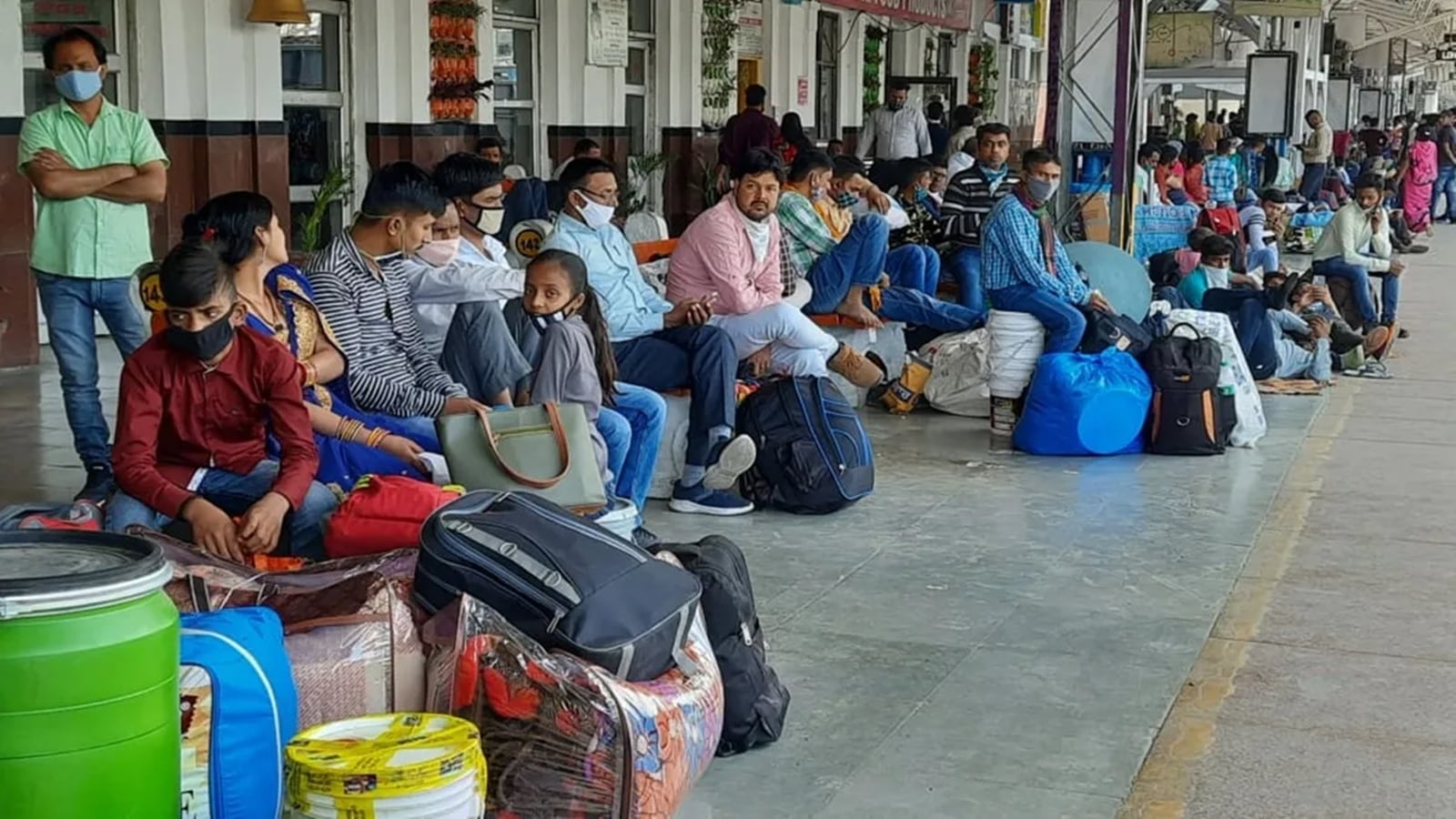 |
|
The Punjab Bandh, a protest called by the Kisan Mazdoor Morcha (KMM) and SKM (Non-Political), resulted in significant disruptions to train services across the region. The bandh, lasting from 7 am to 4 pm on Monday, led to the cancellation of 163 trains, a substantial number representing a significant portion of the total train services operating in and around Punjab. The impact extended beyond the mere numbers, however. The cancelled trains included high-profile services such as the Shatabdi and Vande Bharat Express, which are known for their speed and popularity among commuters travelling between Delhi and Punjab. This disruption highlights the far-reaching consequences of such protests on the daily lives of ordinary citizens. The sheer scale of the cancellations underscores the seriousness of the protest and its potential to significantly impede the flow of people and goods across a wide area.
The cancellation of 163 trains represents a significant blow to the transportation infrastructure of the region. The affected trains included not only the high-speed express services, but also numerous passenger, express, and intercity trains. This demonstrates the widespread nature of the disruption, impacting numerous individuals who rely on these services for commuting, business, and personal travel. The consequences extend beyond the immediate inconvenience of travel delays; the cancellation of these services disrupts supply chains, impacting businesses reliant on timely transportation of goods. The ripple effect of such disruptions can be felt across various sectors of the economy, leading to potential losses and delays in numerous aspects of daily life. The economic impact is likely significant, particularly in a region where railway transport plays a vital role in economic activity.
The geographical impact of the Punjab Bandh and the associated train cancellations extends far beyond the borders of Punjab. The disruption affects not only passengers within Punjab and Haryana but also those in Chandigarh, Jammu and Kashmir, and Himachal Pradesh. Several train routes traverse these regions, making them vulnerable to the consequences of the bandh. This illustrates the interconnectedness of transportation networks and the cascading impact of localized protests on wider areas. The far-reaching consequences highlight the need for effective communication and coordination between various stakeholders – including protesting groups, railway authorities, and government bodies – to minimize the disruptive impact on the public and the wider economy. The necessity for proactive measures to mitigate the impact of such future events should not be underestimated.
The incident raises important questions regarding the balance between the right to protest and the need to maintain essential services. While peaceful protest is a fundamental democratic right, the significant disruption caused by the Punjab Bandh raises concerns about the potential for such actions to disproportionately impact the lives of ordinary citizens. Finding a balance between facilitating the expression of dissent and minimizing disruption to vital services remains a significant challenge for policymakers. It necessitates careful consideration of the various perspectives involved, including the demands of the protestors, the rights of the affected population, and the overall economic and social consequences of such events. The event underlines the importance of open dialogue and finding ways to address grievances constructively, while minimizing collateral damage to the general public.
Going forward, it is crucial to examine the root causes of the protest and to explore ways to address the concerns that led to such widespread disruption. Understanding the motivations behind the bandh, analyzing the efficacy of the protest strategy, and evaluating the consequences on the affected population are key steps in informing future policy decisions and preventative measures. The long-term impact of the Punjab Bandh will likely involve a thorough review of the incident, an assessment of its economic and social costs, and a consideration of alternative approaches to conflict resolution. The incident serves as a reminder of the delicate balance between the right to peaceful assembly and the imperative to maintain essential services and minimize the disruption to daily life.
Source: Punjab Bandh: 163 cancelled, including Shatabdi, Vande Bharat
